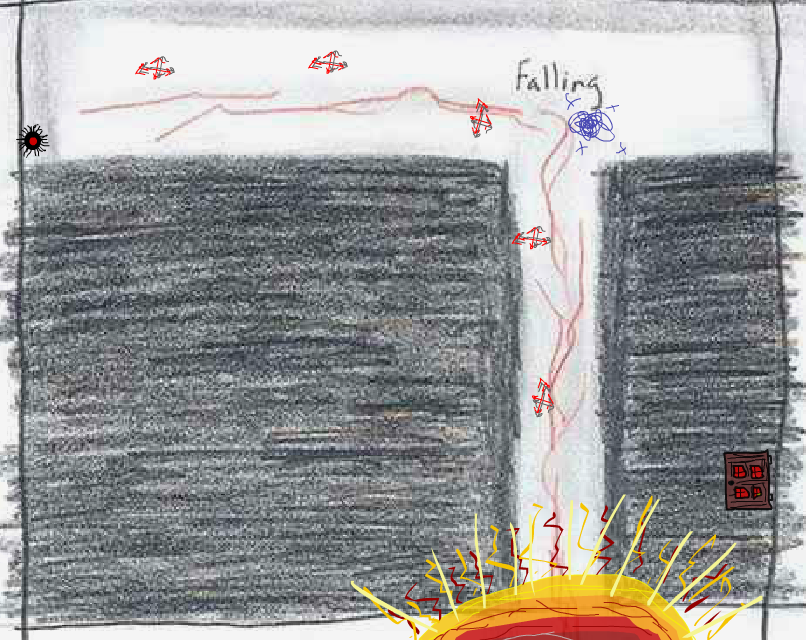I recently proposed a sequence of lightning talks for the next Modern Language Association convention in Chicago (January 2014). The participants are tackling a literary issue that is not at all theoretical: the future of electronic literature. I’ve also built in a substantial amount of time for an open discussion between the audience and my participants—who are all key figures in the world of new media studies. And I’m thrilled that two of them—Dene Grigar and Stuart Moulthrop—just received an NEH grant dedicated to a similar question, which is documenting the experience of early electronic literature.
Electronic literature can be broadly conceived as literary works created for digital media that in some way take advantage of the unique affordances of those technological forms. Hallmarks of electronic literature (e-lit) include interactivity, immersiveness, fluidly kinetic text and images, and a reliance on the procedural and algorithmic capabilities of computers. Unlike the avant garde art and experimental poetry that is its direct forebear, e-lit has been dominated for much of its existence by a single, proprietary technology: Adobe’s Flash. For fifteen years, many e-lit authors have relied on Flash—and its earlier iteration, Macromedia Shockwave—to develop their multimedia works. And for fifteen years, readers of e-lit have relied on Flash running in their web browsers to engage with these works.
Flash is dying though. Apple does not allow Flash in its wildly popular iPhones and iPads. Android no longer supports Flash on its smartphones and tablets. Even Adobe itself has stopped throwing its weight behind Flash. Flash is dying. And with it, potentially an entire generation of e-lit work that cannot be accessed without Flash. The slow death of Flash also leaves a host of authors who can no longer create in their chosen medium. It’s as if a novelist were told that she could no longer use a word processor—indeed, no longer even use words. Continue reading “Electronic Literature after Flash (MLA14 Proposal)”
